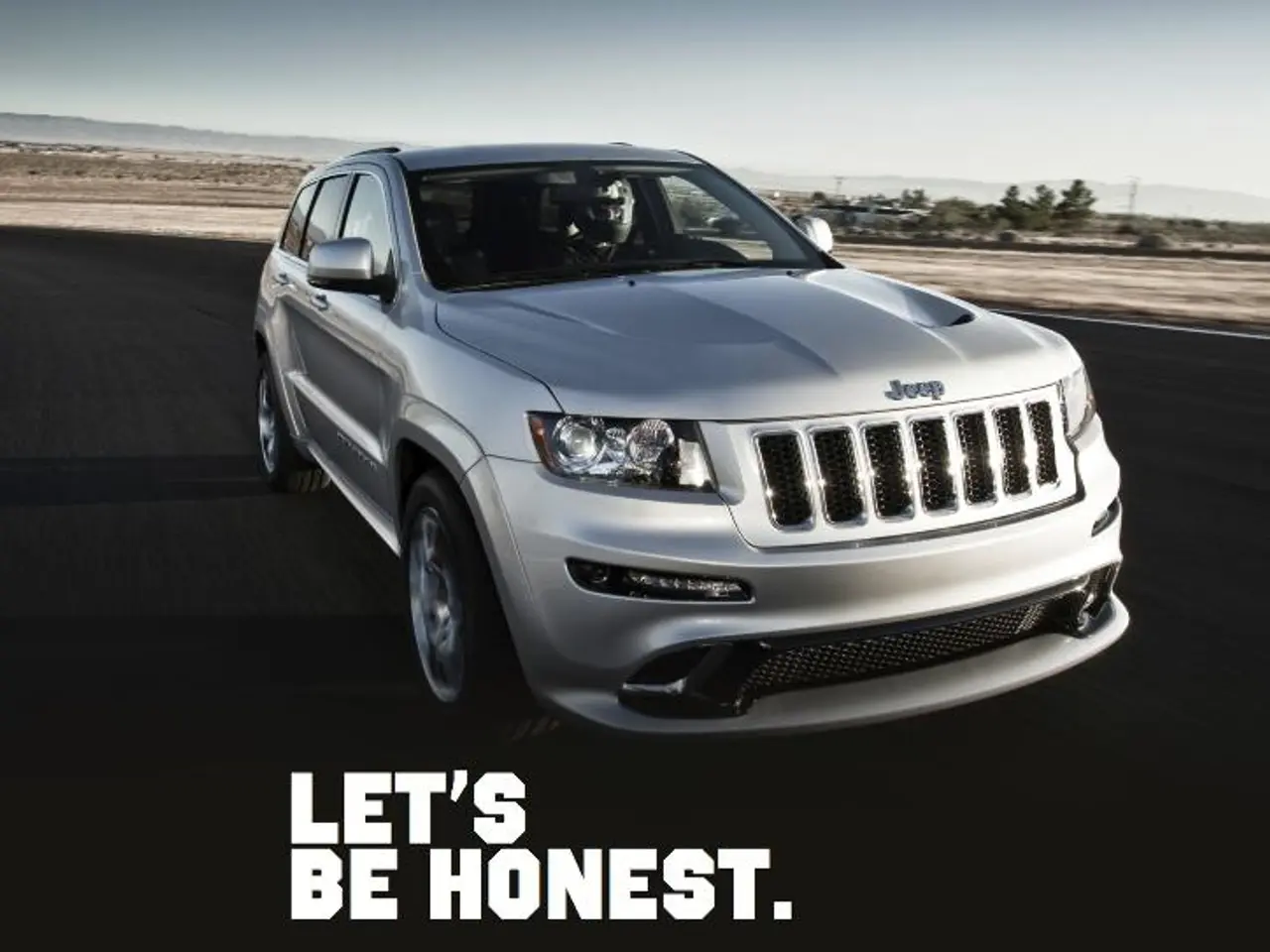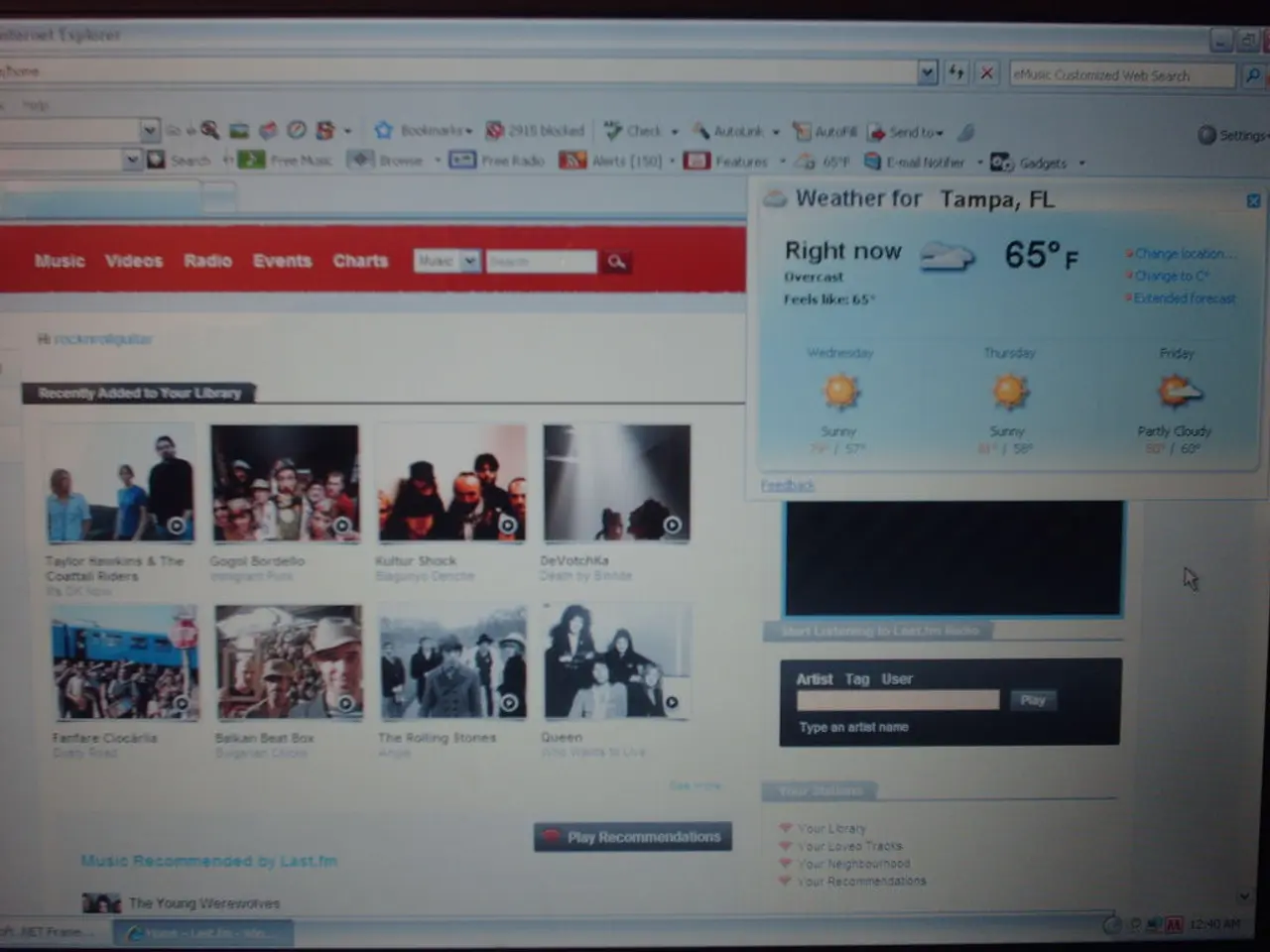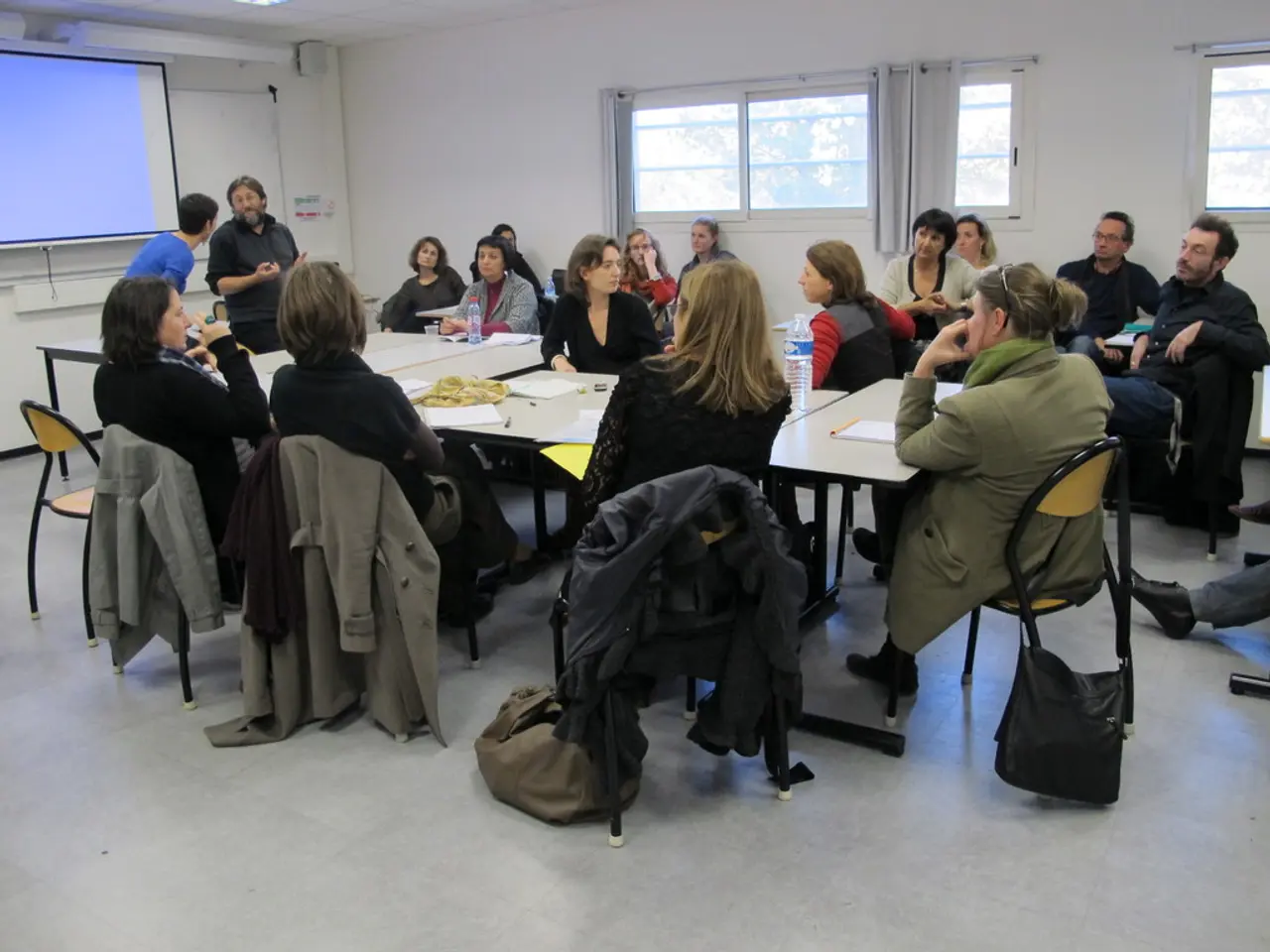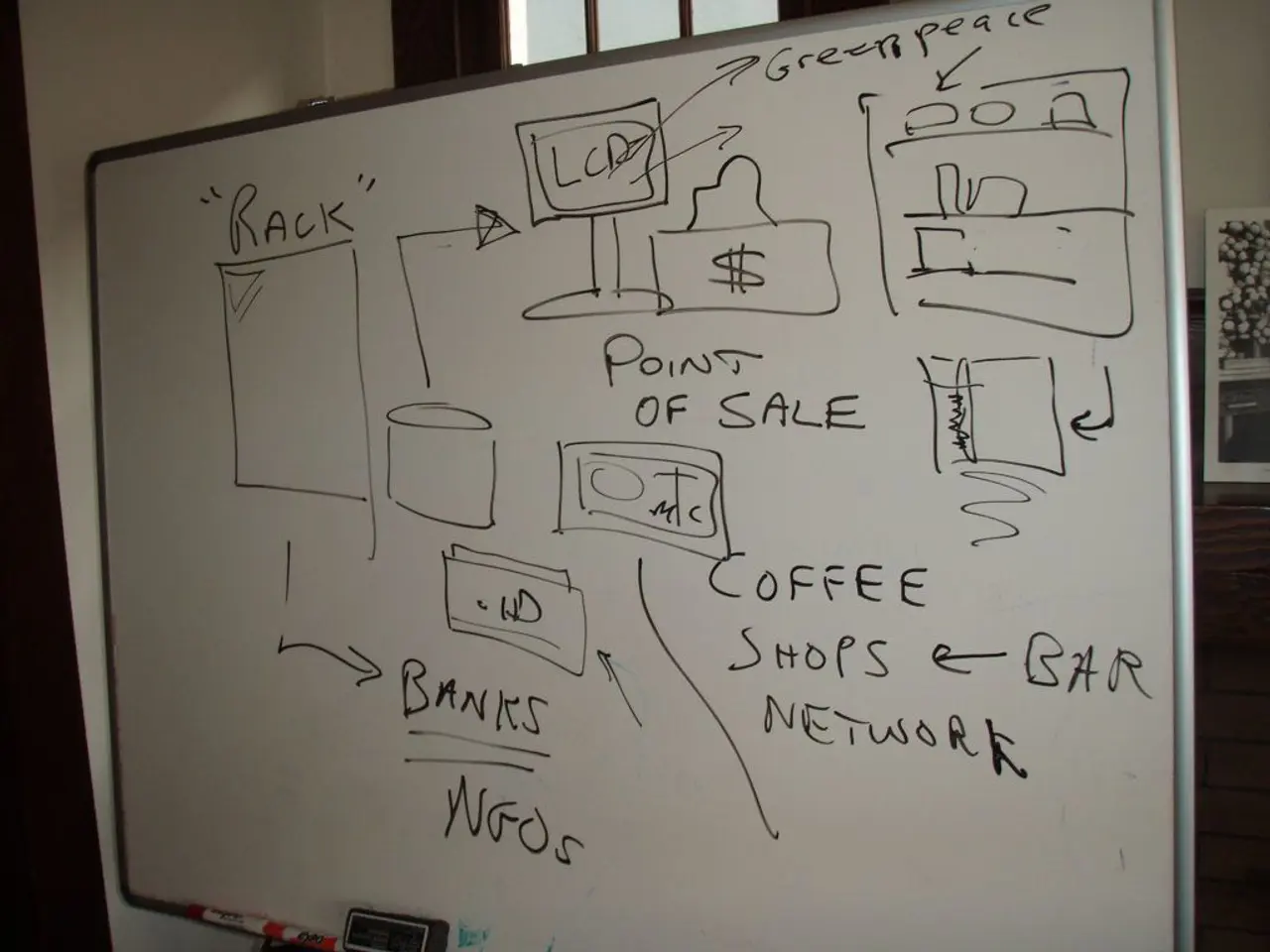Tesla ordered by jury to compensate over $240 million due to a fatal Autopilot-related crash incident
In a landmark decision, a Florida jury has ordered Tesla to pay over $240 million in damages to the victims of a 2019 fatal crash involving the company's Autopilot driver-assist technology. This marks the first time Tesla has been held partly liable for misuse of its Autopilot system.
The crash occurred when a Chevrolet Tahoe, parked by the victims to get a look at the stars, was hit by a Tesla Model 3 driven by George McGee. McGee, who was speeding at 62 miles an hour, blew through flashing lights, a stop sign, and a T-intersection before the collision.
The jury found that Tesla bore significant responsibility because its technology failed to provide sufficient guardrails to prevent improper use, contributing to McGee's distraction and over-reliance on the system's capabilities. The jury awarded a punitive award of $200 million and $43 million in compensatory damages, totaling $243 million for Tesla.
The deceased family's lawyers claimed that Tesla either hid or lost key evidence, including data and video recorded before the accident. Tesla, however, stated that it made a mistake and hadn't thought the evidence was there.
The lead defense lawyer in the Miami case, Joel Smith, argued that Tesla warns drivers to keep their eyes on the road and hands on the wheel, but McGee chose not to do that while he looked for a dropped cellphone, adding to the danger by speeding.
The verdict has raised concerns within the auto industry, with financial analyst Dan Ives of Wedbush Securities stating that the verdict is not a good day for Tesla. Tesla has announced its intention to appeal the decision.
At the regulatory level, both federal and state authorities continue to monitor Tesla's technology closely. The National Highway Traffic Safety Administration (NHTSA) recently sought to test Tesla’s new robotaxi fleet, reflecting heightened scrutiny of Tesla's claims and deployment of autonomous and driver-assist features. Meanwhile, in California, ongoing legal actions challenge Tesla’s marketing of Autopilot and Full Self-Driving, focusing on alleged misleading statements about the system’s capabilities and safety. California officials are pursuing one of the strongest state-level measures by seeking to suspend Tesla's license if they prove the company's marketing is deceptive, which could set a precedent affecting future regulation of driver-assist technologies nationwide.
The case has significant implications for Tesla and the auto industry as a whole, with the auto industry closely watching the case because a finding of Tesla liability despite a driver's admission of reckless behavior could pose significant legal risks for every company as they develop cars that increasingly drive themselves.
- The verdict in the Florida case involving a Tesla Model 3 and a fatal car-accident has proven to be a General-news topic, sparking concerns within the automotive industry.
- Tesla is now liable for a portion of the damages in the 2019 accident, marking the first time the company has been held partly responsible for the misuse of its Autopilot system in a fatal Car-accident.
- The jury's decision raises questions about the safety and reliability of Autonomous and driver-assist technologies, which are increasingly prevalent in the technology sector.
- The regulatory bodies like the National Highway Traffic Safety Administration (NHTSA) are closely monitoring Tesla’s autonomous and driver-assist features, with California officials seeking to suspend Tesla's license if they prove the company's marketing of its Autopilot and Full Self-Driving is deceptive, potentially setting a nationwide precedent for future regulation of driver-assist technologies.




